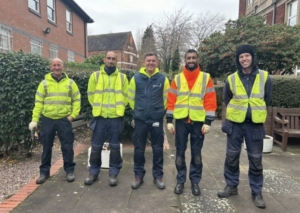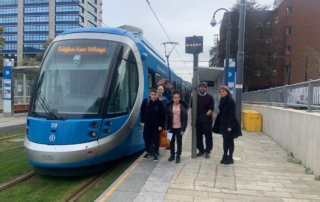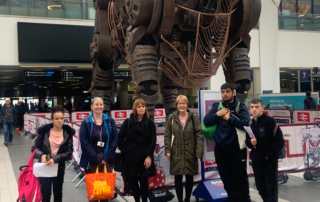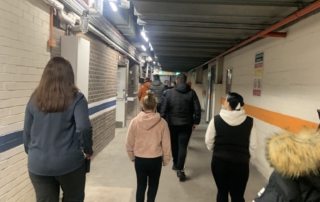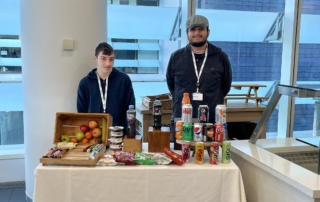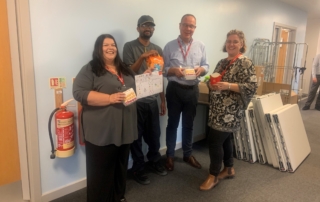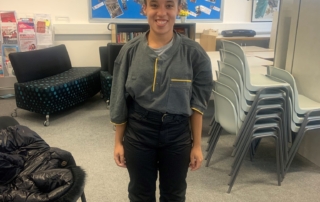Employability
At TWSC we believe our students have the ability to get into paid employment. Our role is to prepare them for this leap into adulthood and equip them with the skills to be successful. They will be provided with opportunities to experience a range of different jobs and in different industries so they are able to make an informed decision about their next steps into employability. All other curriculum areas support the route to employment, for instance Independent Life and Living combines a range of skills including traveling to work and from work and preparing for the day at work.
There is a sequence to preparing for employment and the time it takes is dependent on the individual.
1. Taster sessions in work and employer engagement sessions in college
I try it to see if I like it and to see what’s on offer.
This academic year we have employer visits to Midland Metro Alliance, The Grand Theatre Wolverhampton, Savills Merry Hill Shopping Centre, KPMG Birmingham, Voices For Choices, STEM Ambassador engagement and McDonalds .
Experiences in workplace environments can contribute to the development of confidence and self-esteem our TWSC Students. Contact with employers and visits to workplaces offer practical, hands-on experiences that can greatly benefit our students in their personal and academic development, as well as in their preparation for future careers. Hence why these take such a prominent place in our curriculum offer. Feeling capable in a real-world setting can empower them to pursue their goals with greater determination and have many other benefits such as…
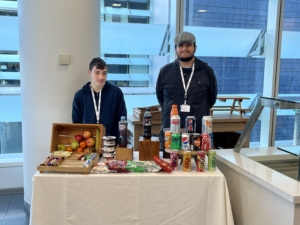
2. Work Experience
I find out whether I really like it over a period of time.
This academic year college pupils access work placemats two days per week in the local community . Placements include The Westminstore. The Black Country Living Museum, Salvation Army, Kenzies Kitchen, Wendy Salt and Pepper Pot, The Crusty Cottage, The Craft House and Mitie.
Work experience placements offer a multifaceted learning opportunity for TWSC Students, addressing not only academic and vocational skills but also personal and social development. It plays a vital role in preparing our young people for a successful transition from college to the workforce hence its importance in our curriculum offer. Work experience placements are really beneficial for TWSC students for several reasons:
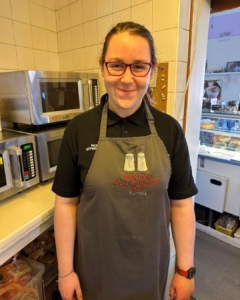
3. Internships/Supported Internships – I will be supported to develop the skills over a period of time to do the job.
We have brokered relationships with DPD and Sandwell and Birmingham NHS to offer placements and rotations to our college pupils. Supported Interns are supported by our highly trained and experienced TSI Job Coaches. Following on from the three stages to prepare for employment which are:
• Direct Employment
• Apprenticeships
• Traineeships
Personalised accreditation programmes are closely knitted to the needs of the individual and the employer. We work closely and in collaboration with the business area and the individual to identify accreditations to ensure they can be successful in sustained employment.
Supported internships offer a structured and supportive approach to work-based learning for individuals with Special Educational Needs and Disabilities (SEND). Here are several benefits associated with supported internships and becoming one of our supported interns ..
